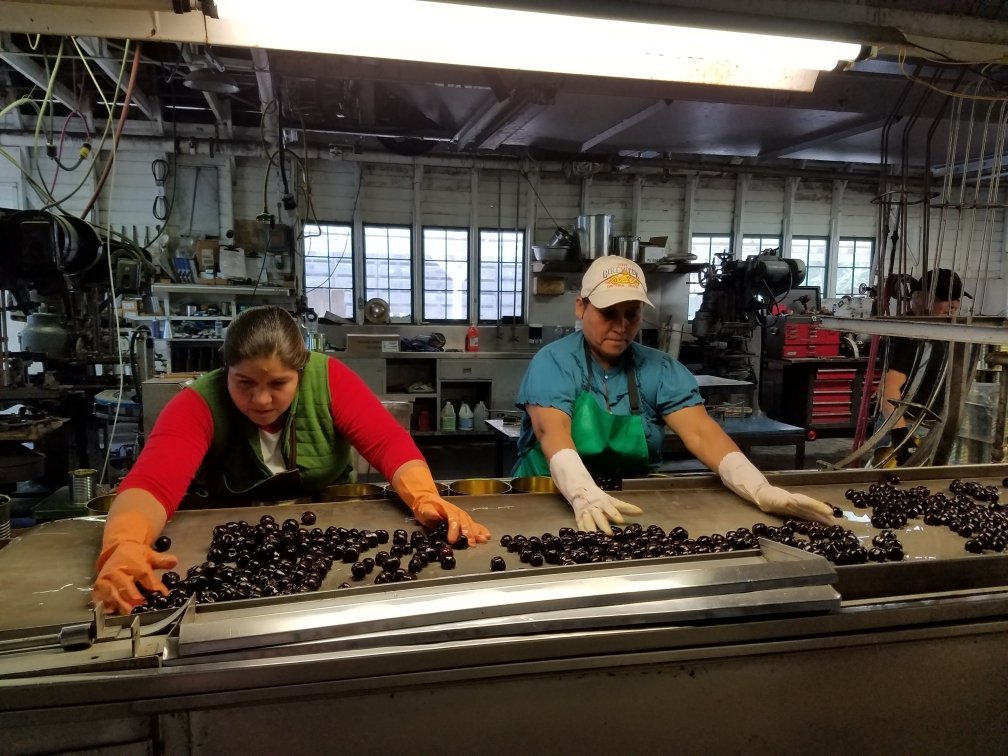How Do You Train New Hires Without Compromising HACCP Control?
In food manufacturing, new hires bring both opportunity and risk. While fresh talent is necessary to scale operations, untrained or under-supervised staff can quickly compromise your HACCP plan—leading to audit findings, product recalls, or worse.
So how do you onboard new employees while protecting your critical food safety controls?
Let’s break it down into practical, HACCP-compliant steps.
🎯 Why This Matters for Your HACCP Plan
-
New hires unfamiliar with critical limits, GMPs, or hygiene practices can:
-
Trigger CCP failures
-
Contaminate high-risk zones
-
Cause allergen mix-ups or labeling errors
-
-
Auditors expect documented food safety training for all roles
-
Poor onboarding = non-compliance risk + internal inefficiency
✅ Pre-Training Preparation Steps
1. Define Job-Specific Food Safety Responsibilities
-
Map each role to:
-
Relevant CCPs or OPRPs
-
Hygiene zones (e.g., high-risk, low-risk)
-
GMP expectations
-
2. Assign a Training Buddy or Supervisor
-
Pair new staff with experienced operators
-
Assign someone who knows the HACCP plan and production risks
3. Restrict Access Until Trained
-
Limit entry to:
-
HACCP-critical areas
-
High-allergen lines
-
Raw material or RTE zones
-
🎓 New Hire HACCP Training Must Include:
1. HACCP Awareness
-
What is HACCP?
-
Why food safety matters
-
Role of employees in preventing contamination
2. GMP Basics
-
Handwashing steps
-
Uniform and PPE rules
-
Do’s and Don’ts on the production floor
3. Hygiene Zoning and Movement Control
-
Color-coded zones and equipment
-
Entry/exit rules
-
Cross-contamination prevention
4. Allergen Awareness
-
Major allergens handled on site
-
Clean-down procedures
-
Label and ingredient checks
5. Reporting Deviations
-
How to spot:
-
Broken sieves
-
Leaking equipment
-
Product out of spec
-
-
Who to inform and how to record it
📄 Documentation You Must Have
-
Signed training attendance sheets
-
Individual competency checklists
-
Updated training matrix
-
Role-based job descriptions linked to food safety tasks
-
Onboarding SOP or WI for food safety training
🔍 How to Monitor New Hires Without Risking HACCP Failures
1. Conduct Shadowing Audits
-
Observe new hires for:
-
Hygiene compliance
-
Step-by-step procedure accuracy
-
Proper equipment handling
-
2. Limit Their Task Scope Initially
-
Assign non-critical tasks first (e.g., packaging, cleaning outside high-risk zones)
-
Avoid CCP-related tasks until competency is proven
3. Use Visual Aids & Floor Signage
-
Posters for:
-
CCP checkpoints
-
Handwashing steps
-
Hygiene zoning maps
-
4. Set a 30- or 60-Day Performance Review
-
Include food safety understanding in review
-
Re-train or reassign if red flags are found
❗ Common Mistakes to Avoid
-
❌ Skipping HACCP training for contract or part-time workers
-
❌ Allowing new hires into high-risk zones without supervision
-
❌ No written records of training or competency
-
❌ Assuming GMP posters are enough
-
❌ Not linking training to actual food safety hazards
🧠 Pro Tip: Link HACCP Training to Real-Life Scenarios
-
Use real production examples like:
-
“What happens if you forget to check the metal detector?”
-
“How does incorrect handwashing affect allergen control?”
-
-
Makes training more memorable and risk-aware
🏁 Final Thoughts
Training new hires doesn’t have to compromise your HACCP system—if done right.
By assigning roles carefully, documenting training, and limiting access until competency is proven, you can maintain a robust food safety culture while expanding your workforce.
Need help building a HACCP-compliant training program?
At CAYS Scientific, we help manufacturers develop role-based training, onboarding SOPs, competency checklists, and refresher programs—customized for your operations. Contact us today for audit-ready solutions.




